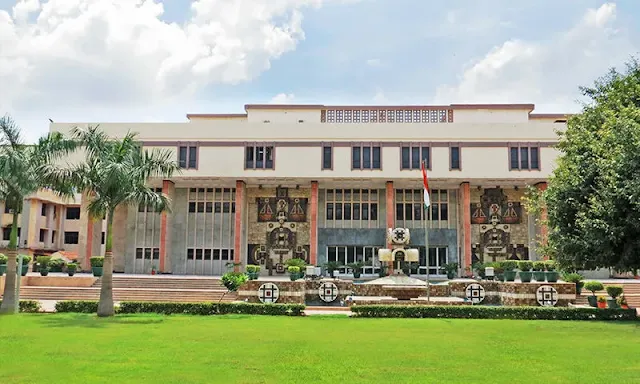In a recent ruling, the Delhi High Court underscored the arbitral tribunal's autonomy in handling evidence during arbitration proceedings. The case centered on whether a court could review the tribunal’s findings under Section 37 of the Arbitration and Conciliation Act. The appellant sought an appeal, challenging the tribunal's conclusions and the evidentiary basis of the decision.
Tribunal’s Discretion in Evaluating Evidence
The court clarified that tribunals have extensive authority to evaluate and interpret evidence in arbitration cases, as they are considered “masters of evidence.” Given this authority, the tribunal’s findings are generally not open to review by a higher court. This approach maintains the integrity of arbitration by restricting judicial intervention, promoting efficient dispute resolution.
Limited Scope of Judicial Review
Under Section 37 of the Arbitration Act, courts have limited grounds to scrutinize arbitral awards, largely confined to procedural irregularities or violations of natural justice. The High Court reaffirmed that it cannot re-assess or substitute its views on the factual determinations made by the arbitral tribunal, emphasizing that the tribunal’s decision on evidence stands as final.
Implications of the Ruling
This ruling reinforces the tribunal’s authority to act independently in arbitral disputes, marking a significant stance on minimal court intervention in arbitration. The decision further clarifies that appeals under Section 37 should not question the substance of the tribunal’s factual determinations but focus on legal irregularities, thereby upholding the efficiency of the arbitration process.










0 Comments
Thank you for your response. It will help us to improve in the future.